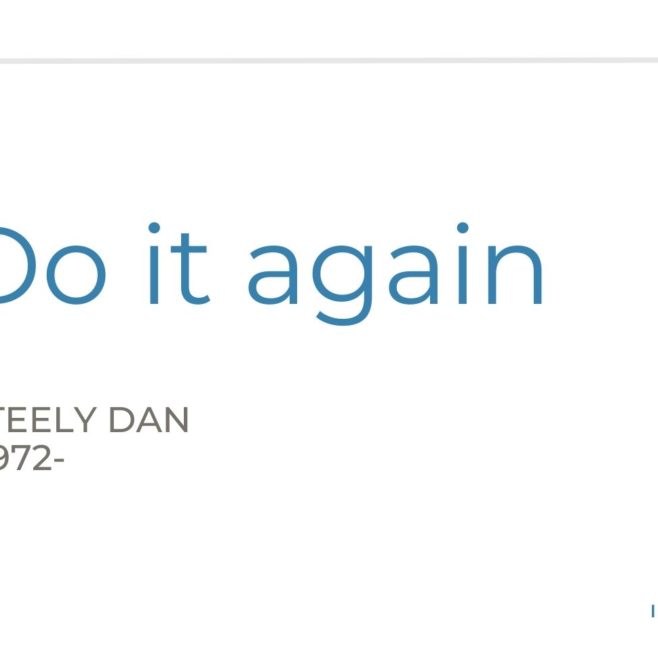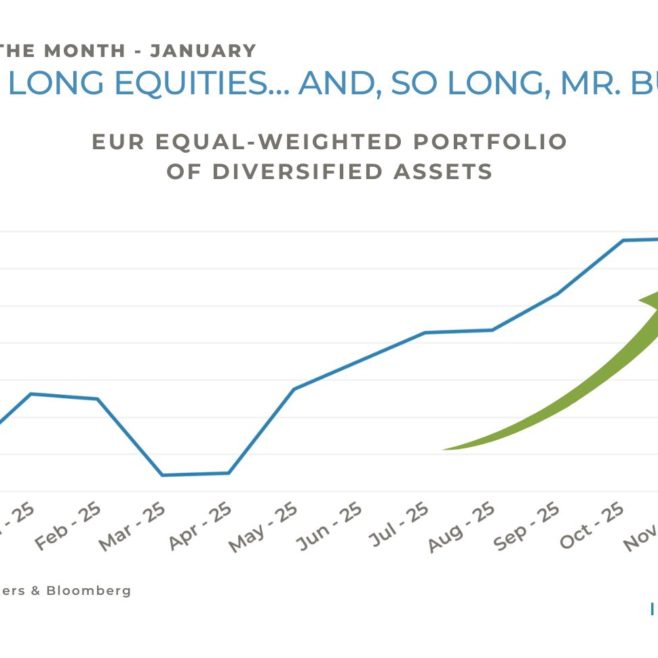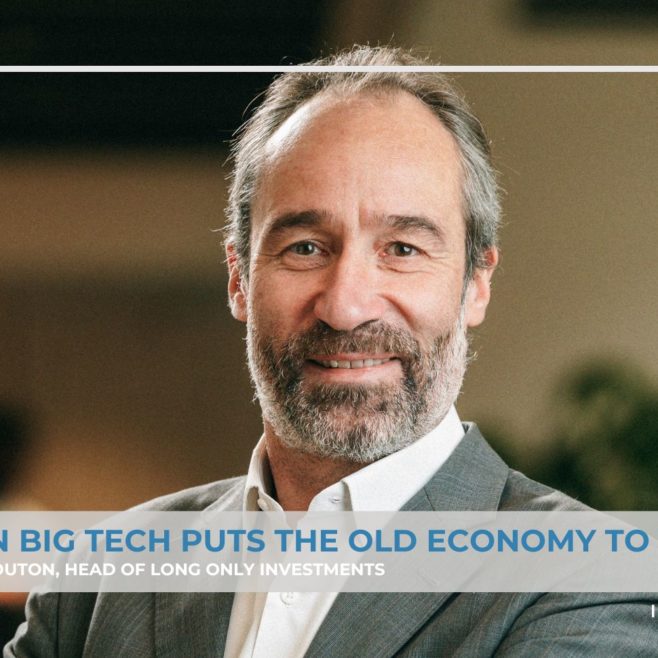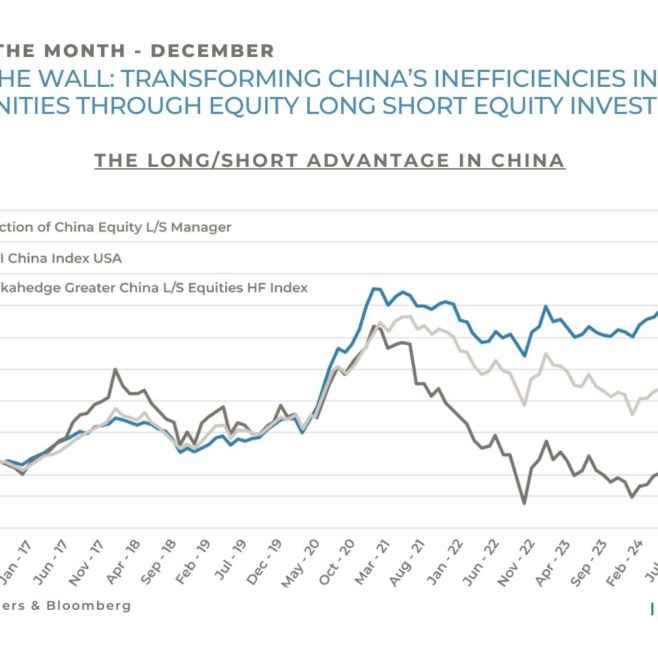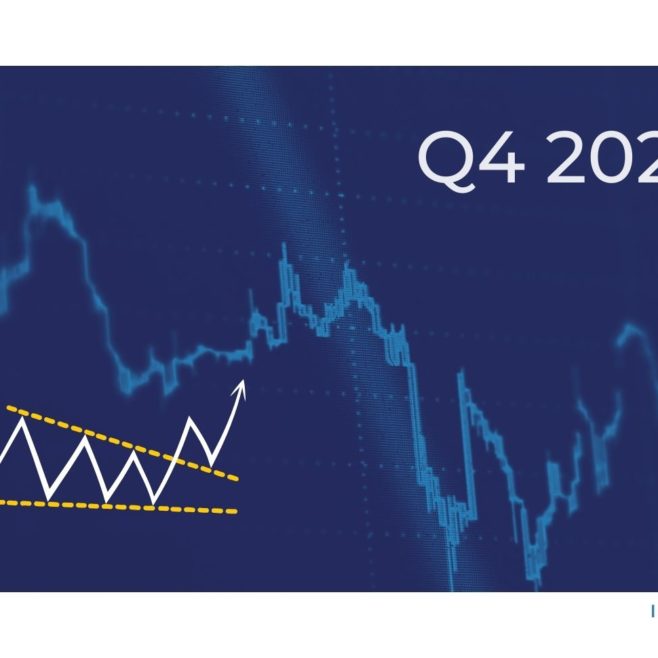
Chart of the Month – During economic slowdown, increase defensive sectors

During economic slowdown, increase defensive sectors

Source: NS Partners, Bloomberg
The last few months have been very special. And recent economic and geopolitical developments have left investors scrambling for answers in the equity market. Where to invest? where to hide? And in which sectors? Should I invest in value stocks rather than growth companies? In defensive rather than cyclical sectors?
There has been a wide disparity on sectors valuation recently, with Price Earnings ratios surging since March 2020. In 2022, overvalued stocks were the most impacted regardless of their sector. There was no magic protection formula. Only small places to hide. So, beyond the proper diversification that we all try to achieve, what can we do?
One simple answer is: during economic downturns or recessions, one should periodically add defensive stocks to one’s portfolio.
Looking back over the last 5 years, there are two prominent examples. Firstly, in 2018, growing evidence of a general slowdown pushed investors to the safety side, especially at the end of a very difficult year in terms of relative performance. Then again, in 2020, when the pandemic-related shutdowns stated to impact the economic growth. What did we observe during these two periods? A marked outperformance of defensive sectors, with for instance, an outperformance of pharmaceutical companies relative to the market, as well as an outperformance of consumer staples relative to consumer discretionary, which is cyclical by nature. We used to say that consumer staples stocks are expensive. But lately, once again, the sector demonstrates its low volatility behavior. Unlike other sectors where valuations have boomed and then fallen in the last two years, the sector has maintained a PE next 12 months close to 20x (20.0x for 26.04.2017 and 20.6x at the end of April 2022).
Today, there are obviously other elements that have entered the decision matrix, including the rise in interest rates, Covid which is still present and the Russian invasion of Ukraine, which brings significant geopolitical risk and implications on commodity prices, supply chain issues, … In the US, real gross domestic product (GDP) growth stood at 5.5% in the fourth quarter of 2021 and is expected to sharply decrease to 2.1% in 2023. The same trend can also be seen for Europe.
Then the conclusion is clear: as the world economy will slow down, if one wants to stay invested in equities, one should go to non-cyclical companies, periodically overweighting defensive sectors (especially consumer staples sector and pharmaceutical companies), and diversify exposure at countries level. One example might be Swiss market. The large Swiss exposure to staples and pharma through Nestlé, Roche and Novartis is well known. More than half of the Swiss market is composed by defensive stocks (far more than in the World Index).
Past performance is not indicative of future results. The views, strategies and financial instruments described in this document may not be suitable for all investors. Opinions expressed are current opinions as of date(s) appearing in this material only. References to market or composite indices, benchmarks or other measures of relative market performance over a specified period of time are provided for your information only. NS Partners provides no warranty and makes no representation of any kind whatsoever regarding the accuracy and completeness of any data, including financial market data, quotes, research notes or other financial instrument referred to in this document. This document does not constitute an offer or solicitation to any person in any jurisdiction in which such offer or solicitation is not authorized or to any person to whom it would be unlawful to make such offer or solicitation. Any reference in this document to specific securities and issuers are for illustrative purposes only, and should not be interpreted as recommendations to purchase or sell those securities. References in this document to investment funds that have not been registered with the FINMA cannot be distributed in or from Switzerland except to certain categories of eligible investors. Some of the entities of the NS Partners Group or its clients may hold a position in the financial instruments of any issuer discussed herein, or act as advisor to any such issuer. Additional information is available on request.
© NS Partners Group


